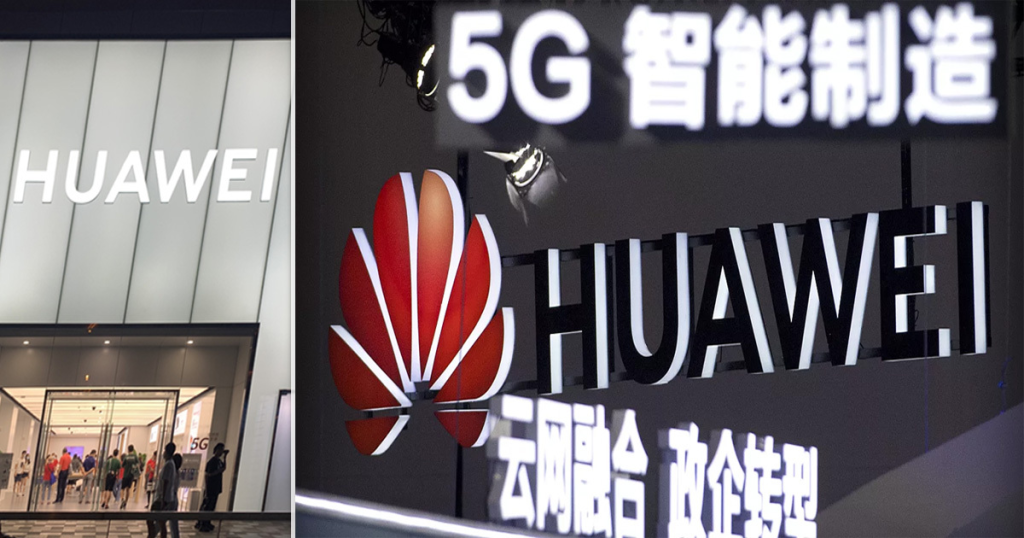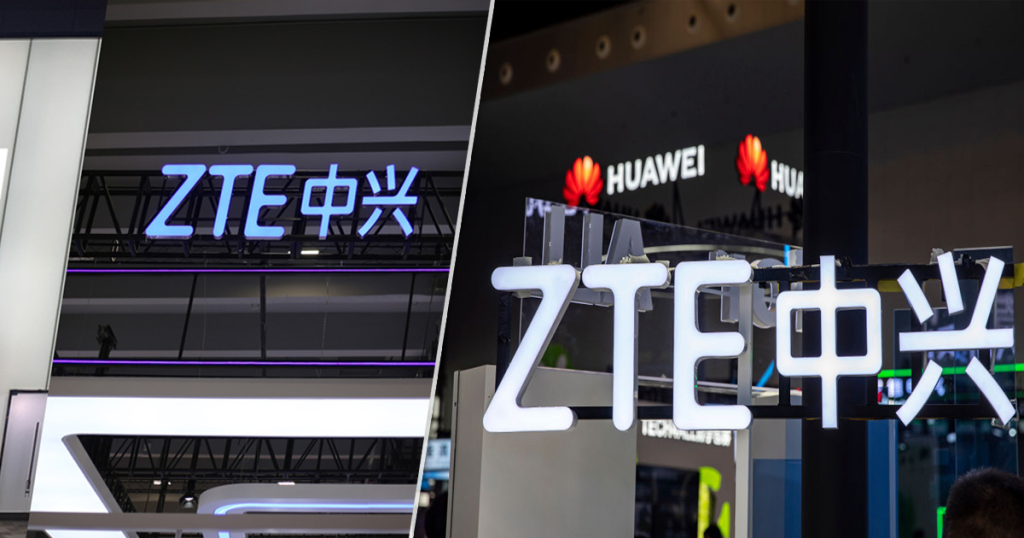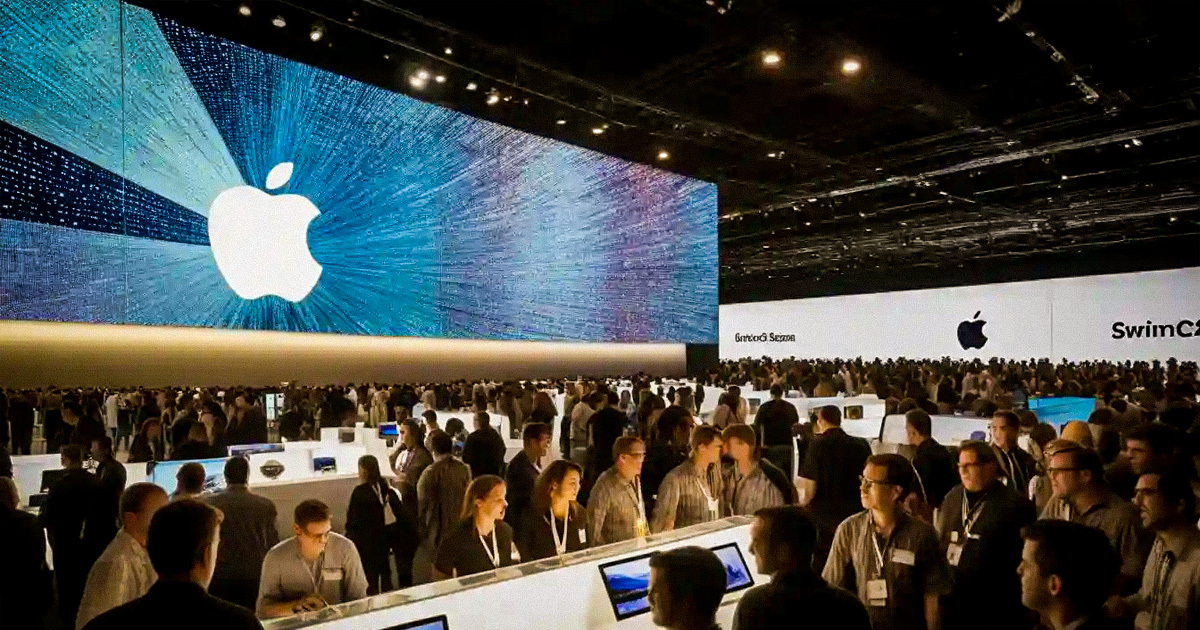
In This Article
- Why is China Ruling on 5G Network Supply?
- EU’s Efforts to Enhance 5G Network Security
- ENISA to Enhance the 5G Security
- National Initiatives Against High-Risk Vendor Dependance
As of March 2025, the European Union (EU) still is hesitating and feels grappled to reduce the reliance on the Chinese tech giant Huawei and ZTE for the 5G internet infrastructure. Although in 2020, the Commission of the European Union decided to limit cooperation with the high-risk 5G vendors Huawei and ZTE, companies are still utilizing the services. Out of 27 state members, only 11 fully agree with these guidelines.
The reliance and comfort with the Chinese 5G supplier can be estimated with the fact that Cyprus’s networks, a semi-governmental telecommunications company, depend on the Chinese component, and the reports indicate the 67%, 65%, and 62% dependence from Austria, Bulgaria, and Hungary, respectively. Similarly, the EU’s largest community, Germany, relies 59% on dependency, although it has the ban on certain 5G components since 2024. Similarly, other countries are also making the ban softer in the current year as compared to 2019.
Why is China Ruling on 5G Network Supply?
China has always made strategies and followed innovations to gain technical dominance, and 5G technology is its national strategic priority. It is integrated into its development plans, such as the 13th Five-Year Plan (2016–2020) and the initiative named Made in China 2025. Taking 5G technology at the forefront, China aims to transform into the global leader in technology, therefore taking the steps towards the advancement at a rigorous level.

Huawei and ZTE are the telecom giants considered the masters of the 5G infrastructure market. A significant portion of the market share belongs to these companies and dominates the competitors like Ericsson and Nokia.
EU’s Efforts to Enhance 5G Network Security
The internet is the most usable service nowadays, but the tech giants know the real power behind this useful facility, therefore raising concerns about cybersecurity and 5G infrastructure integrity. The European Union has taken multiple steps to retain the security and integrity of 5G internet service.
In January 2020, the EU presented the 5G Cybersecurity Toolbox, which is a comprehensive guideline set ready to deal with the growing concerns about the cybersecurity deployment of the 5G network. The strategies focus on measures like regulatory power enhancement and taking technical measures to strengthen 5G network security. Yet, the reports of June 2023 indicate that in the second progress, the member requires a unified approach to strictly implement the toolbox.
ENISA to Enhance the 5G Security
To strengthen the 5G Cybersecurity Toolbox, the EU has an agency that is implementing the guidelines and measures to present the best practices and approaches to secure electronic communication networks along with the services.

With the advancement in the 5G network, ENISA has also upgraded its guidelines according to the changes, aiming to assist the national authorities in supervising the telecommunication networks. To provide secure and reliable instructions, ENISA provides non-binding technical advice to the system, aligning with the motto of the European Electronic Communications Code (EECC).
Using advanced technologies is a big responsibility, and only experts can efficiently handle them. The power of the internet is providing opportunities like the perfect use of artificial intelligence. At Weborik Hub, we provide a premium service to approach clients through highly professional AI integration in web solutions.
National Initiatives Against High-Risk Vendor Dependance
Multiple EU countries are sticking with the secure steps and guidelines presented worldwide. For instance, Portugal’s center-right government took charge in April 2024 and made several changes to the previous government measures, but the ban on Chinese equipment utilized in 5G networks remained the same. The telecom operators dealing in Portugal, like Altice, NOS, and Vodafone, have strong restrictions to avoid Huawei’s technology for the core 5G technology.
Hence, China considers the 5G technology as the key component to dealing with the global leadership; therefore, EU members have restrictions and allegations to use its 5G services. However, the technology is so useful that it is difficult for them to completely boycott the use of these applications, and this is creating a mixed response from the EU.



